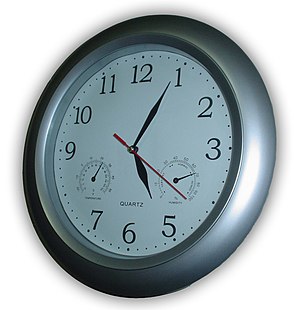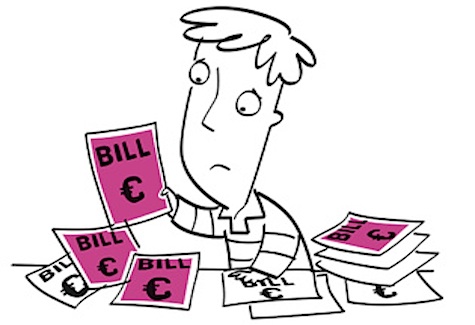He brought up the login page at my request. After he worked through the games, grumbling that whoever wrote them is mentally challenged, we looked at his results. No PBs today; in fact he went down in 3 of the games. However his speed is now over the 50th percentile at 52.6! Overall he is at the 16.5th percentile.
When he completed the set games, I asked him to choose one of the non-maths problem solving games. He had a choice between shapes and words, both of which required him to discern the hidden rule. He chose the shapes.
He read the rules of the game and saying it still didn't make sense he proceeded to play anyway. The game requires the player to guess whether a shape fits the rule or not, so the first couple of tries is trail and error to discern the rule. However when he got a 'X' on subsequent guesses, he consistently wanted to go back to the start.
Mum: You don't need to go back to the start each time you get one wrong.
A-One: I can't get any wrong.
Mum: It doesn't matter whether you get it wrong, because that's how you find out what the rule is.
A-One: No, I can't get any wrong.

Nevertheless, he seemed to be getting the hang of it, but wouldn't play it again. I'll be very interested to see how he goes over the next week, as long as he's willing to add the game to his daily list.
We then took up the clocks exercise to a familiar refrain. 'This is a waste of time. I have better things to do,' as he sat down at the table. He was willing to try 2 clocks only, taking a while to work them out and making several errors.
Mum: Where did you get the 47 (minutes) from?
A-One: It's correct! That's what I say it is!
Mum: Let's count them up.
A-One (sighing): OK. It's 52.
After the clocks, we took the first couple of paragraphs from the Inquirer section of last weekend's The Weekend Australian.
A-One: I'm only reading as far as I want to.
...
Mum: Where did you read to?
A-One (without waiting for me to read): There. It's saying that the government and people are spending as if nothing bad is going to happen to the economy, and the Prime Minister is saying Australia has a good economy.
Mum: OK. Now I want you to write that down.
A-One, quite vociferously: No! No! No! I'm not going to write it down!
Mum: OK. I'm just letting you know that writing it down in your own words will be one of our future exercises.
Well do I remember the challenges A-One felt at writing his assignments when at school. I recall one of his teachers wrote one of his assignments while he dictated. She knew he knew the work and could see that writing it down was a barrier to his succeeding. This year's neuropsychologist's report also recommended something like Dragon Dictate if he needed to write assignments.
However, that's the compensatory approach. The Arrowsmith approach is to exercise, exercise, exercise the weak cognitive function. I just need to find the right level of challenge so that he doesn't refuse.










































